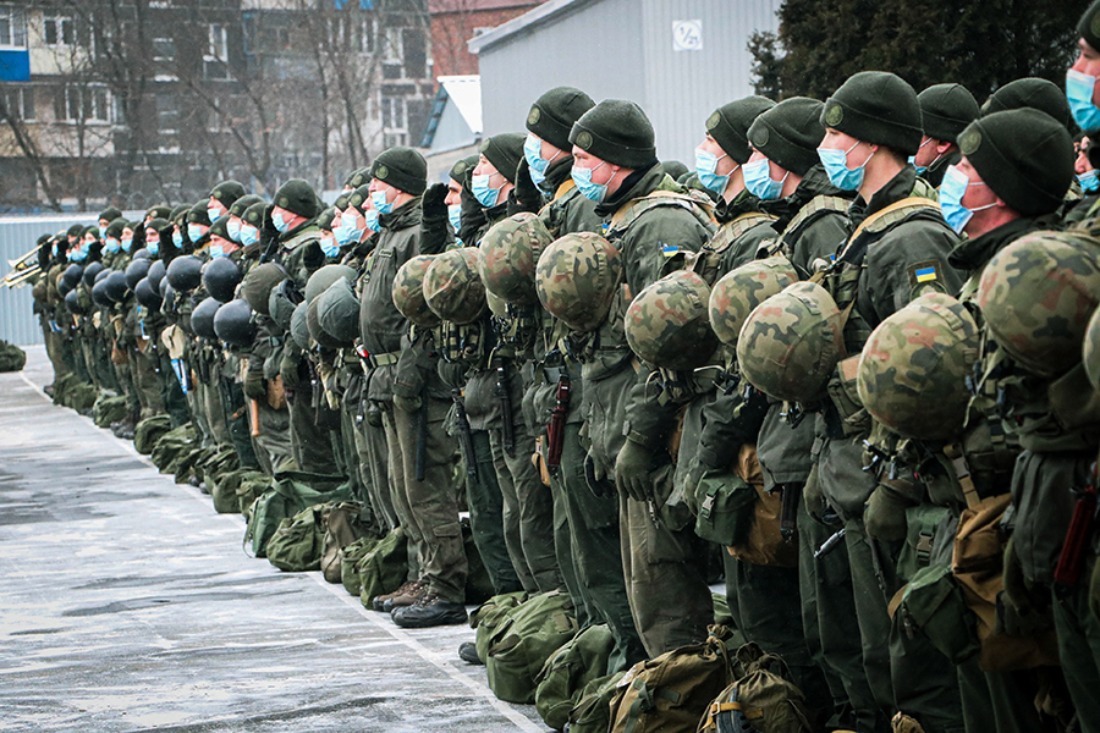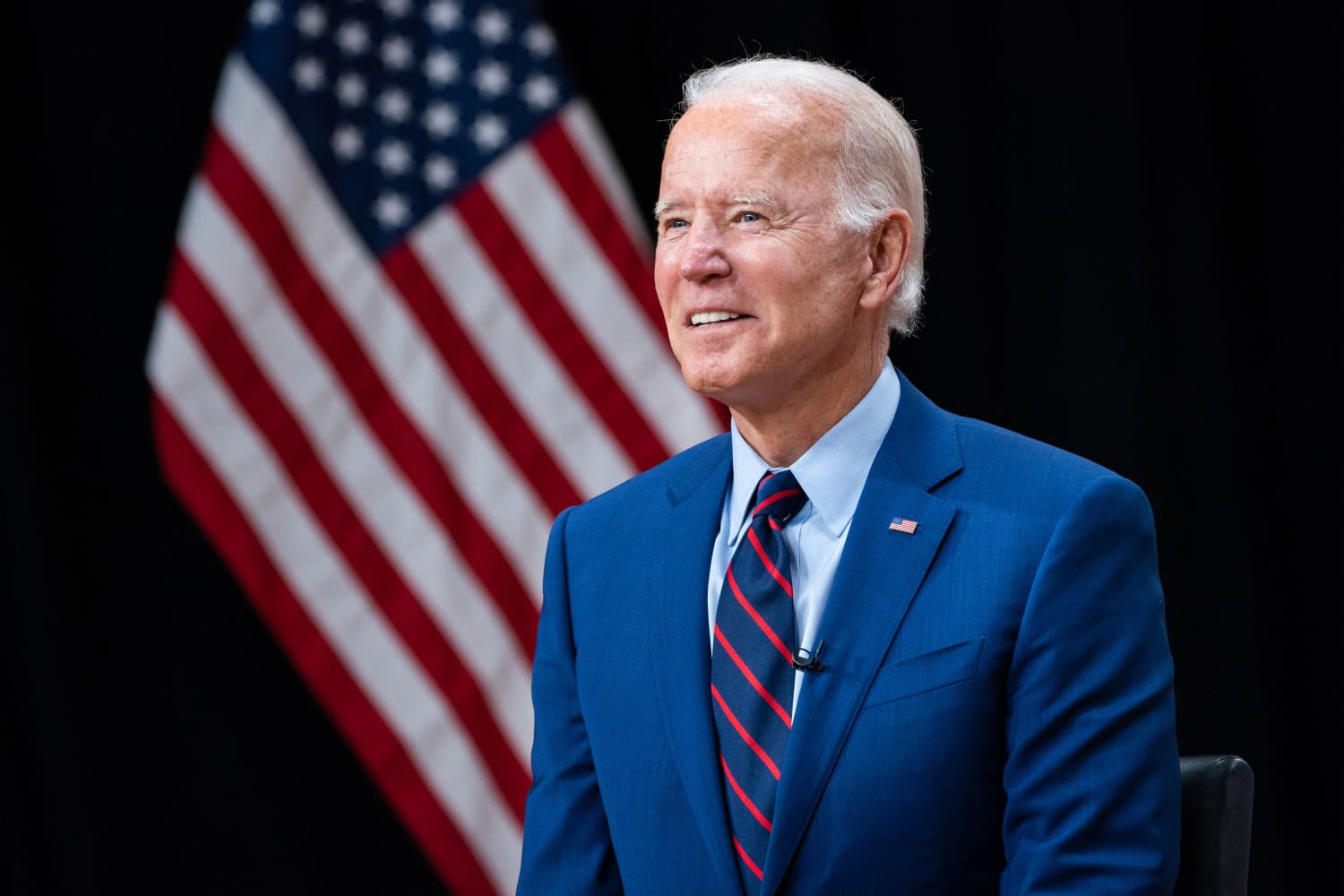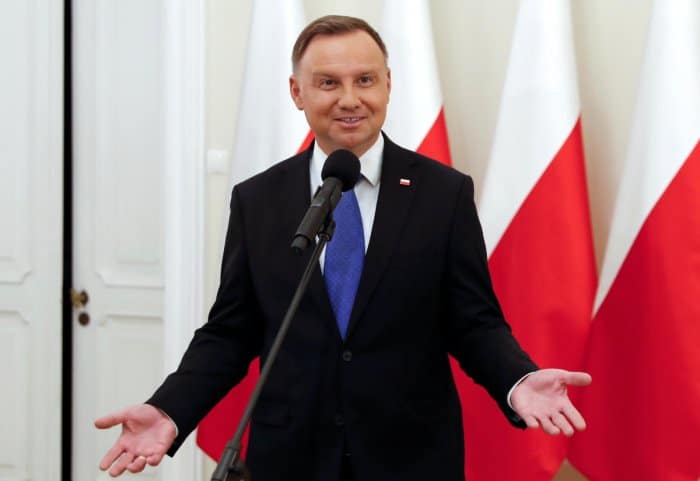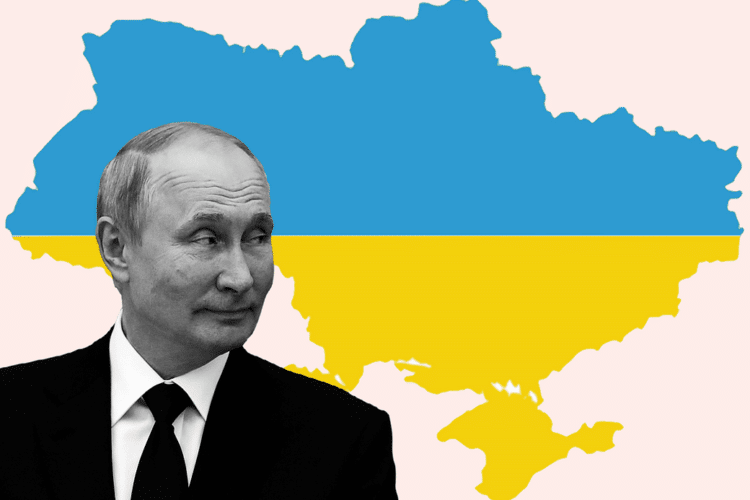As the two leaders met ahead of the opening ceremony of the Winter Olympics in Beijing, Chinese President Xi Jinping backed Russian counterpart Vladimir Putin in his confrontation with the West over Ukraine.
In a joint statement, the leaders chastised a “minority on the world stage” for promoting “unilateral methods to addressing international challenges and resorting to military strategy.”
Meanwhile, the presidents of European Union powerhouses France and Germany have announced intentions to visit Moscow and Kyiv soon for talks aimed at reducing tensions.

Here are some facts concerning international concerns surrounding Ukraine, which has an estimated 100,000 Russian troops stationed around its borders.
Putin received the backing of his Chinese counterpart amid Western worries that Moscow is about to launch military action against Ukraine. Putin met with Xi before the opening ceremony of the Winter Olympics in Beijing, and the two presidents released a joint statement condemning Russia’s “intervention in the internal affairs” of other countries, as Russia builds up soldiers on its border with Ukraine.
“Some forces representing a minority on the global arena continue to support unilateral ways to resolving international crises and resort to military strategy,” it said, referring to the United States and its allies. The conference took place amid Western concerns that tensions between Russia and Ukraine may escalate into a military confrontation.
The US accused the Kremlin on Thursday of an intricate conspiracy to stage an attack by Ukrainian forces that Russia might use as a pretext to launch military action against its neighbor.
Diplomatic efforts to defuse the tension will resume next week when French President Emmanuel Macron travels to Moscow and Kyiv for talks. Macron is continuing a French history of taking a different geopolitical course than the US, while still attempting to put his stamp on the situation and preserve Europe’s interests. On Wednesday, Macron called US Vice President Joe Biden to brief him on his diplomatic efforts.

On Thursday night, Macron met with Putin and Ukrainian President Volodymyr Zelenskyy to discuss ways to “identify elements that could lead to de-escalation,” as well as “conditions for strategic balance in Europe, which should allow for the reduction of risks on the ground and guarantee security on the continent.” While France is a key NATO member and is sending soldiers to Romania as part of the alliance’s preparations for possible Russian action, Macron has also been aggressively promoting dialogue with Putin and has talked to him numerous times in recent weeks.
Macron’s office said Friday that the two will meet one-on-one on Monday. Macron isn’t the only European leader making his way east. In mid-February, German Chancellor Olaf Scholz will visit Ukraine and Russia, bolstering diplomatic efforts to defuse the situation centered on Russian soldiers massed near Ukraine’s borders. Scholz will visit Kyiv on February 14 and Moscow on February 15, according to government spokesperson Wolfgang Buechner.
The trip follows a previously scheduled meeting with Biden in Washington on Monday. Buechner stated that the German government is negotiating with France and Poland for a meeting of the three nations’ presidents, but no date has been determined. He stated that Scholz will welcome the leaders of the three Baltic States of Lithuania, Latvia, and Estonia to the chancellery on Thursday.
Foreign Minister Annalena Baerbock will visit Ukraine on Monday and Tuesday, according to Foreign Ministry spokesperson Andrea Sasse, including a stop along the “contact line” with rebel-held areas in eastern Ukraine.
Poland’s president was the only European Union leader to attend the Winter Olympics, which began Friday, to preserve good relations with China and urge for an end to Russia-Ukraine hostilities, according to his office.

President Andrzej Duda will meet Chinese leader Xi Jinping on Sunday, according to his office, but will not see Russian President Vladimir Putin, who is also in Beijing. Other EU leaders have joined the United States, Britain, Australia, and Canada in a diplomatic boycott of the Games due to China’s human rights record – while letting their athletes compete. Duda’s foreign policy advisor, Jakub Kumoch, has stated that the president wishes to take advantage of “certain diplomatic opportunities” presented by the assembly of several leaders in Beijing.
“The purpose of these meetings is to urge the interlocutors to play an active role in facilitating Russia-Ukraine dialogue,” according to Duda’s press office. Five-a-side soccer teams from Russia and Ukraine square off in the semifinals of the Futsal European Championships in Amsterdam, amid simmering tensions between their two nations. Since 2014, when Russia seized Crimea, the governing body of European soccer, UEFA, has guaranteed that Ukrainian and Russian clubs are not selected to face one another.

However, UEFA stated in a written statement that the measure to separate teams “for obvious reasons cannot apply to the whole knockout phases of competitions like the UEFA Futsal EURO 2022.”
“UEFA expects both sides to play fairly on and off the field,” the organization stated, adding that local organizers of the tournament in the Dutch capital are working “to guarantee that the event will take place safely and, in this regard, is working on adopting particular security arrangements.”
Also Checkout: WHO cautions that a highly transmissible Omicron sub-variant is currently present in 57 countries
















